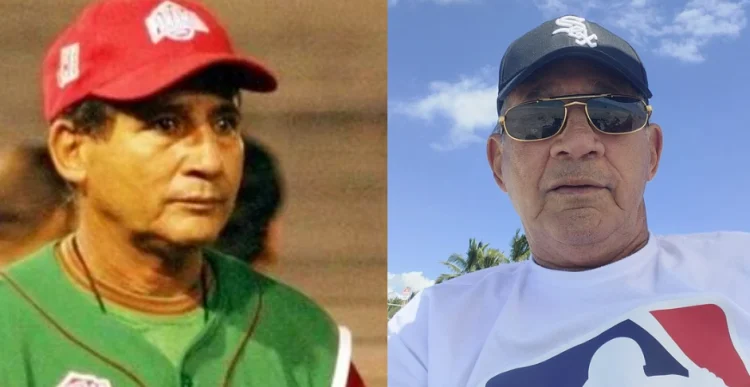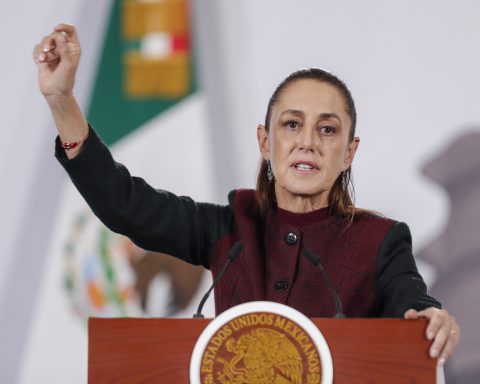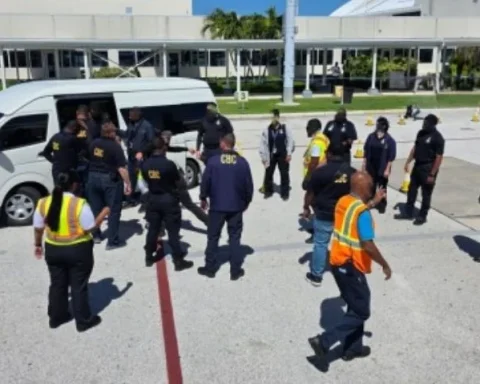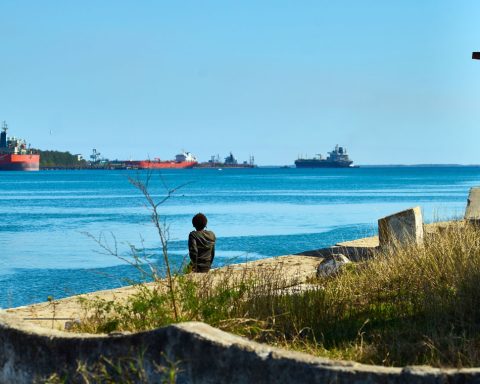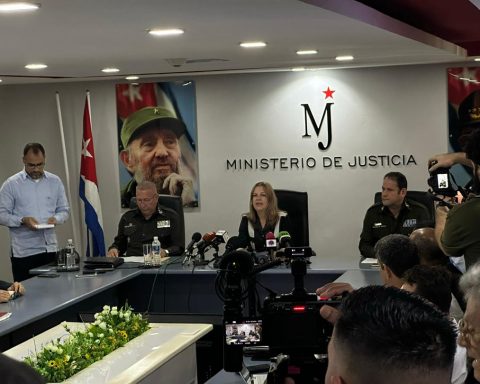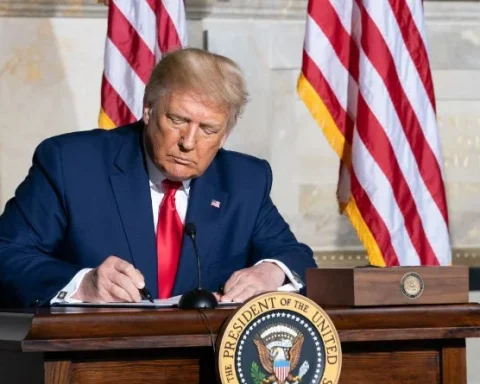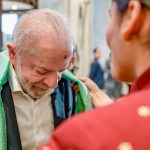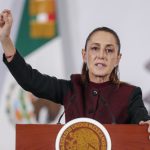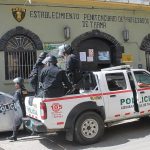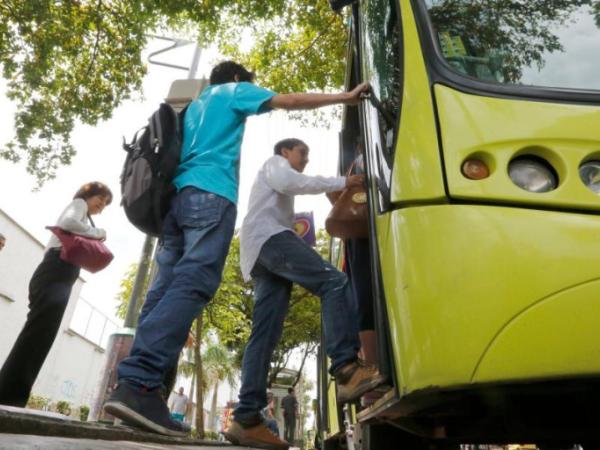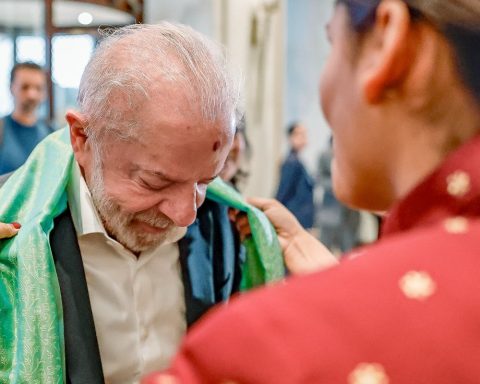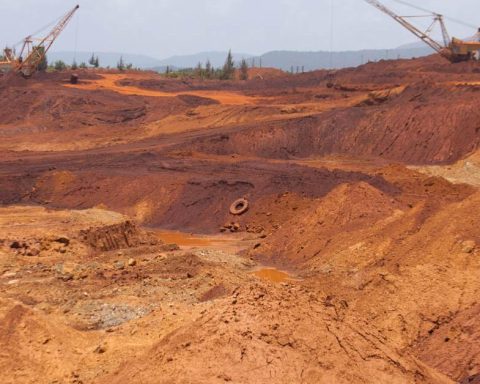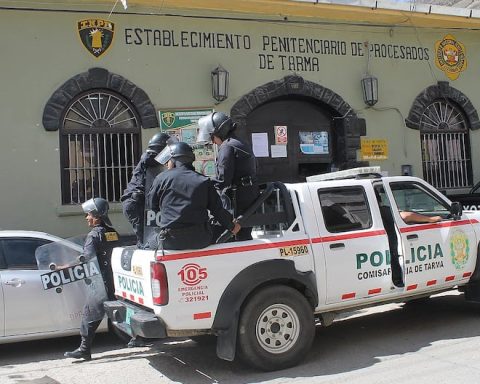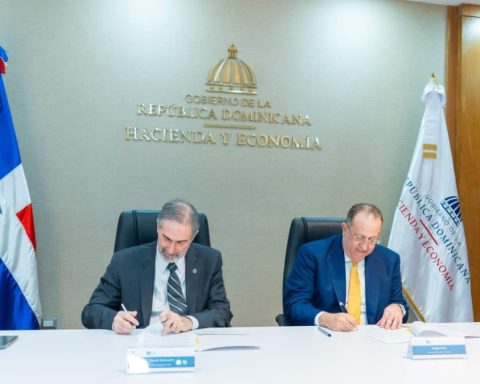HAVANA, Cuba.- At the end of July I wrote to Franger Reynaldo (Puerto Padre, 1953) to request an interview. A decent man, he replied immediately and with the utmost cordiality.
“I agree with doing it, but it would be better for me if it were in September,” said the former manager of the eastern baseball teams. “You will have the scoop.”
I immediately sensed what was coming, which is easy if we take into account that emigration is the daily bread in every Cuban neighborhood. Something whispered to me that Franger would join the long list of Cuban sports personalities abroad.
A few weeks later I confirmed my feeling. I wrote to his cell phone one, two, five times, and the answer was silence.
“He has a different number. He is already living here,” explained a mutual friend from the United States, the venerable René Bello, who served as a bridge to make this conversation possible.
With the restraint that characterizes him, Franger confessed to me that he had “grown tired of trying to contribute to Cuban baseball with books and courses on TV shows,” because “it was of no use.” So he decided to give up after so much struggle and accept the path of family reunification.
Behind him is his victorious time in Cuban baseball, where he managed the teams of Santiago, Guantánamo and Las Tunas (in the National Series) and Serranos and Orientales, in the unforgettable Selectivas. Also his history in the Panamanian elite championship, and a few specialized volumes that he describes as his “final contribution” to the sport that absorbed his entire life.
—Why did you decide to emigrate now (and not long ago)?
—Because I was not playing baseball, to which I had dedicated my life, because I was alone in Havana with my entire family (wife, children, grandchildren…) in the United States, and because it didn’t make sense to continue living that life. I didn’t do it before because in Cuba I was doing what I do best and what I had prepared for for many years, with the hope that baseball somehow belonged to me and it was my duty to get it back.
—If you had to list the three main problems facing Cuban baseball today, what would they be?
—The nature, the thinking, the interests of today are not the same as those of the man of 30 or 40 years ago. This consequently generates difficulties and even more so if you continue doing the same thing with the same thing; this way you will not evolve and you will reach stagnation.
I’ll give you the details. First you have to look at the Exodus of players that already reaches the minor leagues, turning Cuban baseball into a branch of the American Major Leagues. Second, the lack of motivation and lack of updating of the coaches, the lack of resources, the backwardness in the methods of selection, training and preparation of players. And third, none of those who manage Cuban baseball today has worked, trained or managed a team. So, what can he know?
—Do you share the belief that to manage baseball you have to have played at a high level?
—To manage a team, you don’t just need to have played: that is just one requirement that favors doing this job. Managing implies a comprehensive training in the fundamentals of the game, mastery of the rules, knowledge of psychology and sabermetrics, preparation concepts, etc., and constant improvement. There are many examples of great players who failed in their attempt to manage, and of the success of brilliant managers who did not stand out in the practice of the game.
—What measures should be implemented in Cuban baseball to gradually emerge from the crisis?
—There are many possible solutions. In the short term, we should mention optimizing the methods of talent selection, as well as breaking away from traditional training and preparation methods that are no longer in line with the demands of modern baseball. We also need to update technical, tactical, methodological and management knowledge, and change the objectives of the EIDEs and Academies that have become warehouses of athletes.
Meanwhile, in the medium and long term, it is necessary to separate the functions of Commissioner and President of the Federation, appointing a Commissioner from baseball who loves this sport and lives to improve it. Likewise, among many other measures, it would be necessary to give legal, financial, technical and methodological personality to the two entities (Commission and Federation), as well as replacing the so-called Sports Areas and converting them into Municipal Academies that guarantee the selection, training and preparation of talent, the purchase of materials, the mobilization to competitions and the maintenance of the facility.”
—Do you agree that Cuban baseball, rather than continuous changes in its competitive structure, needs a radical revolution in its philosophy? Let’s say, a professional league?
—From the previous answers it is clear that this philosophy needs to be revolutionized. In my case, I would like a professional league with four teams, initially with only national players: the Meteoros del Oriente (Guantánamo, Santiago, Granma, Holguín and Las Tunas), the Gigantes del Centro (Camagüey, Ciego, Sancti Spíritus, Cienfuegos and Matanzas), the Rascacielos de Occidente (Mayabeque, La Habana, Artemisa, Pinar del Río and Isla de la Juventud). These three teams would concentrate the existing quality and would represent the three geographical areas. The fourth group would be made up of prospects between 18 and 24 years old under the name of Talentos Nacionales, attended by a group of the best coaches in the country. This team would guarantee the future. Who would finance this league? Initially, it could be run by Foreign Companies or Enterprises from the Mariel Development Zone, National Companies, MSMEs, the Cuban Federation and the Cuban Football Federation. INDER.
—How far behind are we in Cuba in terms of training? Do you think the country needs to invest in hiring foreign technicians?
—I think that as long as the concepts of selection, training and preparation of the extinct Socialist Camp (mostly aimed at individual sports) continue to prevail, the problem will persist. Players hired in other leagues do learn about current professional baseball, but the majority of the country’s coaches remain stuck in the ABCs of baseball. It must be taken into account that many of the best Cuban coaches are not linked to national baseball, some for reasons that cannot be explained, and others because they are outside the Island. Even so, there are still good coaches, but the lack of updating in key areas allows us to accept that foreign coaches are necessary.
—Do you think that Cuban baseball at the time you managed was at Triple A level?
—I wouldn’t dare to say for sure. There were tournaments or series that did; for example, the 1993 Super League with four teams, which I take the opportunity to say that we won with Oriente. In that series, one day we won two games and were in first place and in the next sub-series we lost two games and dropped to third or fourth place. There were established and even rosters, quality in the regular players and on the bench, depth in the pitching… Some of those who were part of those teams went on to the Major Leagues and after a short period of adaptation were already regulars with excellent results, and most of those who didn’t make the step could also have gone on to play baseball.
—Which baseball players impressed you the most in Cuba? And which were the most powerful teams?
—I prefer not to mention the players who impressed me the most so as not to offend anyone, although there were quite a few. As for the teams, in addition to those that Havana had in the early years, we must mention the Orientales of Roberto Ledo, the Ganaderos de Camagüey, Villa Clara of Pedro Jova, Pinar del Río of José Miguel Pineda and Jorge Fuentes, the Henequeneros of the Tres Villalobos and the Industriales of some seasons.
—And who have been the best managers?
—I didn’t see Ramón Carneado or Fermín Guerra manage. Along with them, I think there are managers who left lessons like Ledo and Pineda, and others who managed good teams and did very well like Jorge Fuentes, Higinio Vélez and Eduardo Martín. There is also one who from his beginnings in the Development Leagues showed his winning star, Alfonso UrquiolaBut for his decisions in managing the team and his determination as a manager, I always admired Servio Tulio Borges.
—Tell me an anecdote that you experienced in Cuban baseball.
—I always wanted to manage Selectivas but I was never given the chance until, to my surprise, in 1986 I was assigned to Serranos. It was the first Selectiva of eight teams, and I was so happy to be chosen that I immediately started saying that Serranos would be champion… and in the end it was. I remember that Orestes Kindelán went 29 straight at-bats without a hit and both the media and the fans demanded that I remove him from batting fourth, but I told him “I’m not going to move you from your turn or sit you down; when you hit a hit the bad streak will be broken.” Said and done: in that championship Kindelán hit more than .300 and set a record of thirty home runs. He hit the second to last and the last home run in the final game of that Selectiva. I put him in as second bat and when he hit the 29th (breaking the current record held by Pedro José Rodríguez) he told me “I’m done” and I replied that no, he had one more turn to look for another. And he hit it against José Ramón Riscart at the Guantánamo Stadium.
—What arguments were used to avoid giving him the reins of a national team?
—In 1986, after the victory with Serranos, it was argued that I was too young and had no international experience. And then maybe there was something in my personality that didn’t work for them. That was an unfulfilled dream.
—Why did you resign from the National Baseball Commission?
—I returned to baseball at the request of the late commissioner Ernesto Reinoso: with him we started many projects aimed at recovering baseball. But with his death and the arrival of a new commissioner, all doors were closed and I was forced to resign. I believe that the new commissioner was programmed to lead me to that decision because I disagreed with the direction things were taking, due to ignorance and improvisation. I tried to recommend and warn with accusations and proposals, which made me a problem for them.
—Do you like being labeled a “baseball scientist”?
—I suppose that my attempt at constant improvement, of investigating, reviewing documents, reading current books, of bringing the results of those studies to the field, the texts published by publishers in Cuba, Panama and the United States… perhaps all that led to that epithet of “scientist” which, although I don’t like it, doesn’t offend me either.
